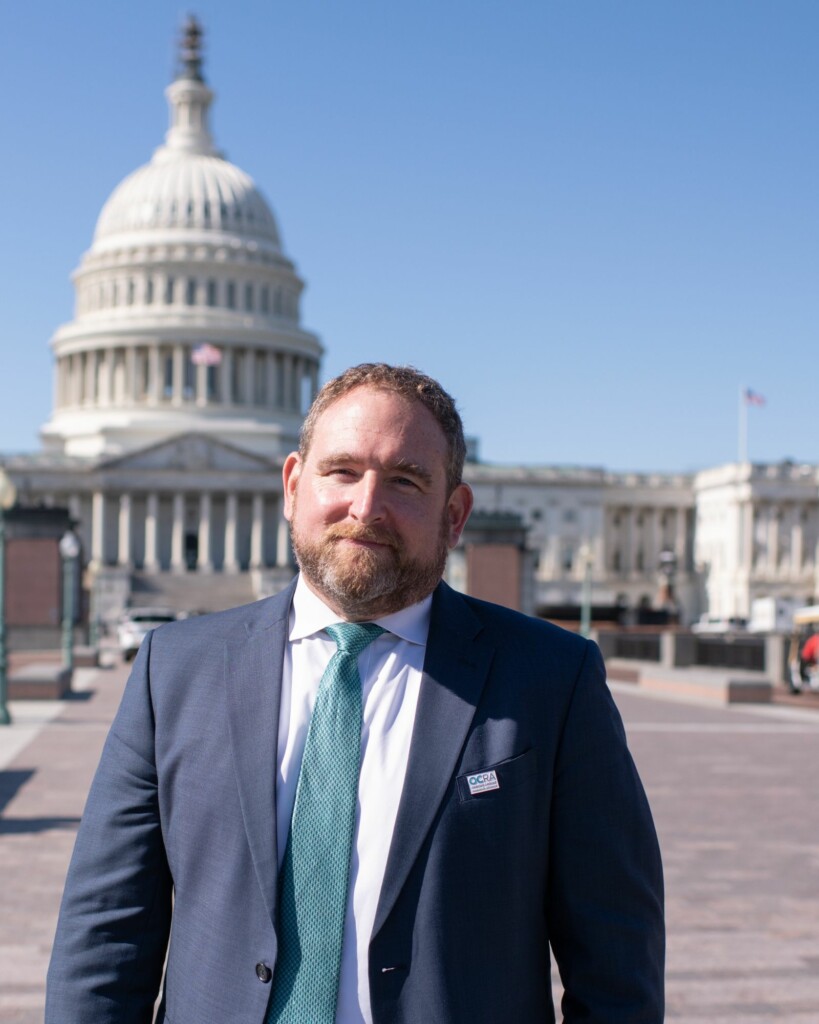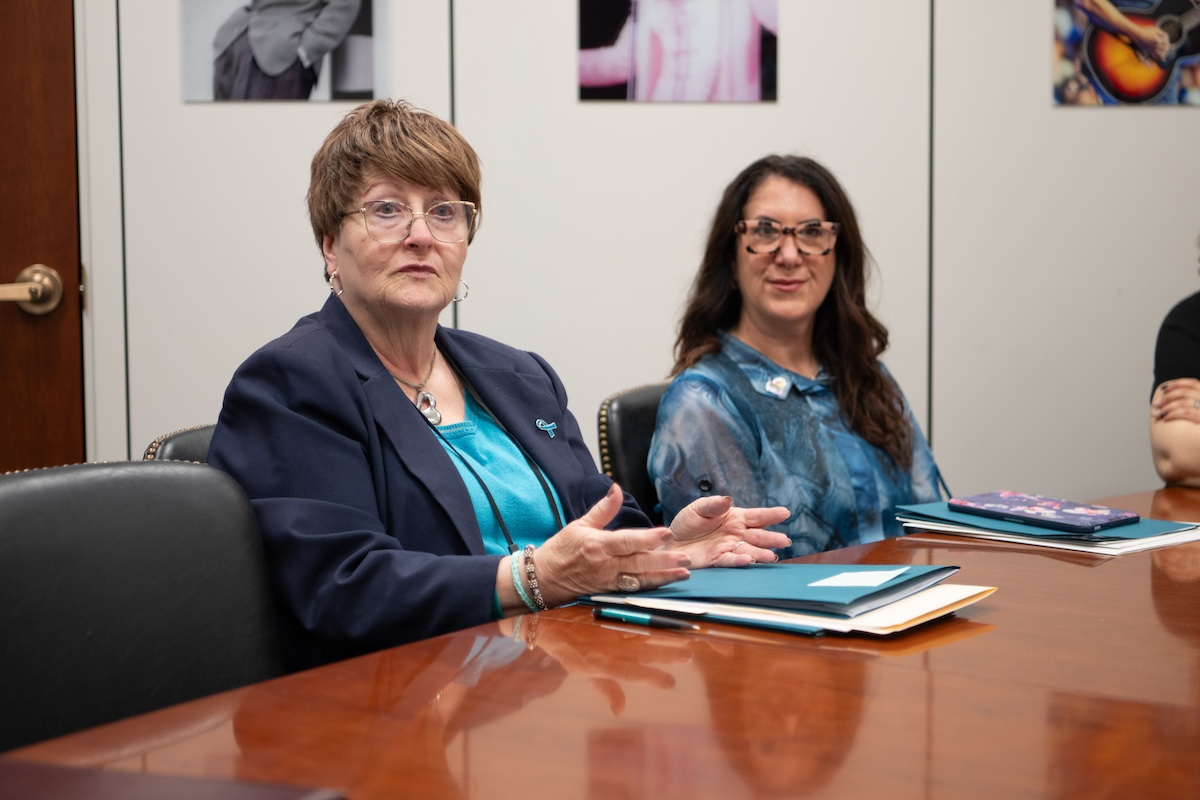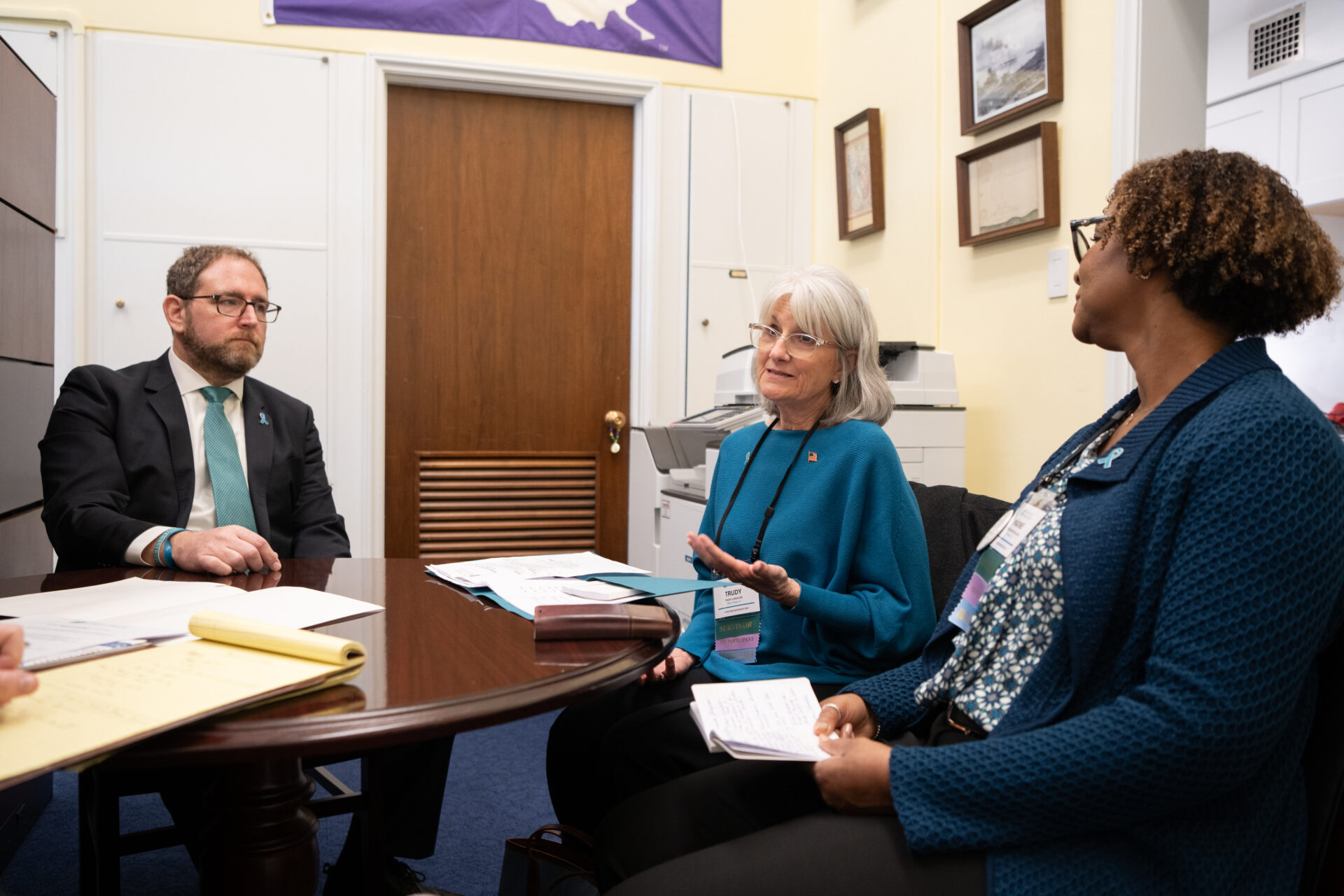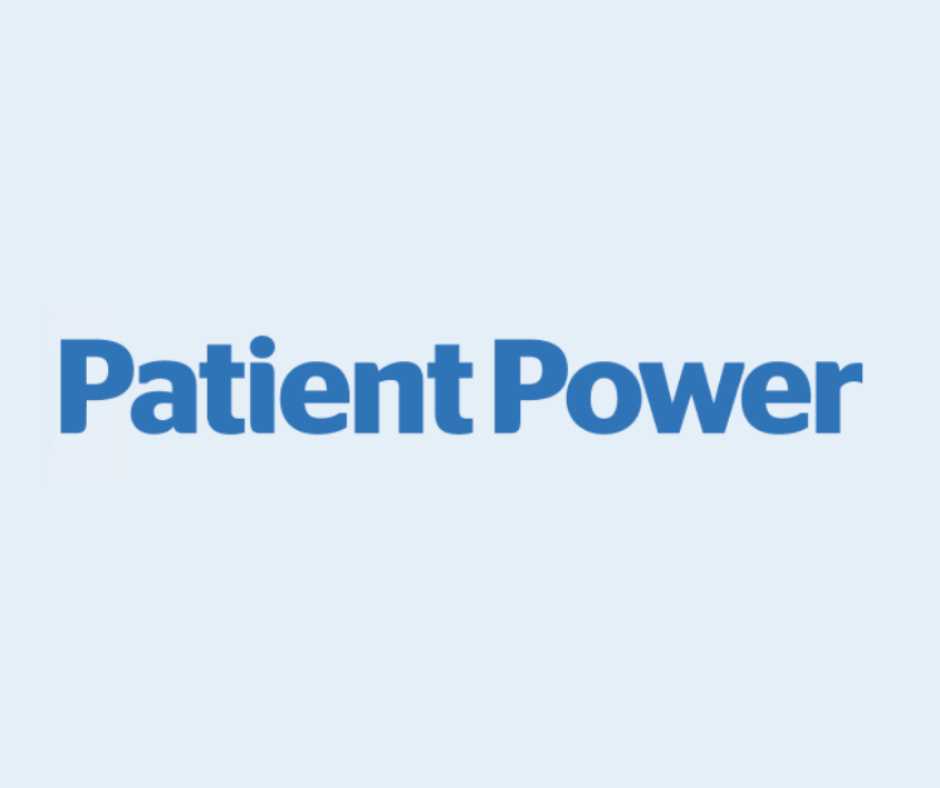New administrations inevitably bring changes, both big and small. The top priority of OCRA’s Policy & Advocacy team remains the same—ensuring the voices of the ovarian and gynecologic cancer community are heard and the issues that impact our community are considered.

Next month, OCRA’s Advocate Leaders will convene in Washington, DC to once again bring the voice of the ovarian and gynecologic cancer community to Capitol Hill. Because the timing of Advocacy Day coincides with the new administration’s initial planning phase, it is important now more than ever to push for the legislative initiatives that impact our community and ensure that funding for ovarian cancer research and education programs remains a congressional priority. Whether in-person on Capitol Hill, at your state legislature, or reaching out from afar, we want our voices to remain strong. Below are some opportunities to engage right now, from wherever you are. Let’s amplify our message together and ensure the needs of the ovarian and gynecologic cancer communities are communicated effectively.

Multi-Cancer Early Detection Legislation
Your advocacy propelled this legislation forward, generating tremendous support and making it the most cosponsored bill in Congress last session. The bill, which provides for Medicare coverage of multi-cancer early detection screening tests (S.339/H.R.842), was introduced last year, but failed to pass at the end of the year. On February 3, congressional leaders reintroduced the legislation, and now we must push even harder to get it past the final hurdle.
Contact your members of congress today to urge them to pass this legislation.
Stop Cuts to Critical Cancer Research
On February 7th, NIH announced a new policy capping indirect cost reimbursement for federal research grants at 15% for new and existing grants. Currently, indirect costs vary by institution, but the average rate is 29% – 39% and even higher for larger institutions. The proposed new limit is expected to have an immediate and lasting effect on existing and future medical research. Breakthroughs in new treatments, therapies, and diagnostics for gynecologic cancer patients are happening and we need to ensure they continue. Take action today to so that cancer research remains a top priority and receives the funding needed to achieve the best possible outcomes. Make your voice heard.
Thank you for your advocacy. OCRA is here to support you as we all strive to promote the most impactful policies for ovarian and gynecologic cancer research and patients.
Chad Ramsey
Vice President, Policy, Ovarian Cancer Research Alliance


